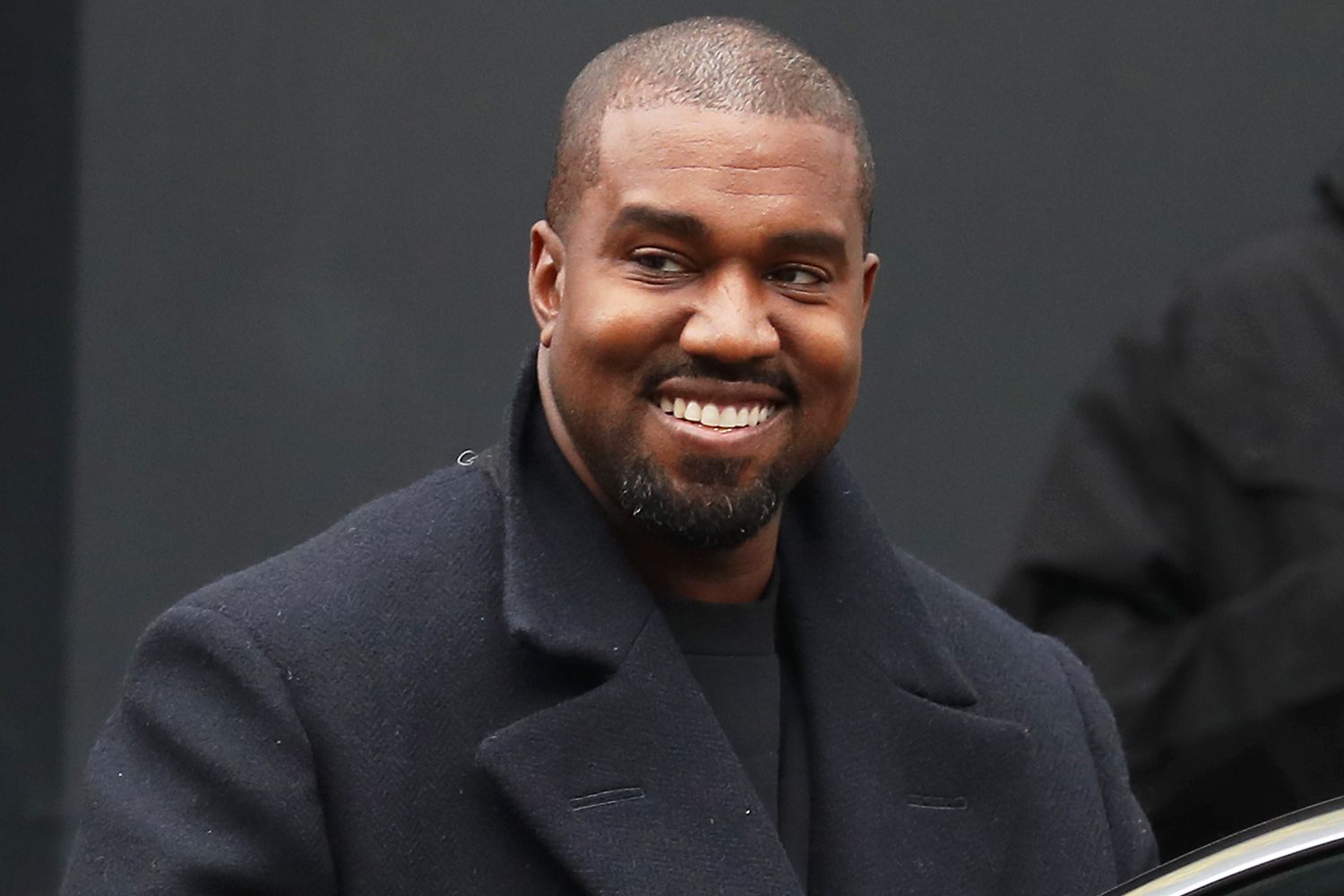Rap Start Kanye West Exposes $2M Crypto Scam Attempt
08.02.2025 18:00 1 min. read Alexander Zdravkov
Kanye West recently revealed that he was offered $2 million to endorse a fraudulent meme coin using his name.
The scheme, which involved an upfront payment of $750,000 and an additional $1.25 million after the promotion, also included instructions for him to later claim his account had been hacked to cover up the endorsement. The scammers openly admitted their goal was to steal millions from the public.
West declined the offer, emphasizing that he has rebuilt his net worth to $2.77 billion without resorting to cryptocurrency promotions. Following his public rejection of the deal, he sought advice from a trusted figure in the crypto industry, with one recommendation pointing him toward Coinbase CEO Brian Armstrong.
His revelation has sparked renewed discussions about celebrity endorsements in the crypto space, particularly the frequent claims of social media account hacks linked to questionable token promotions. Some in the industry suspect that certain influencers may not actually be hacked but instead willingly participate in such schemes.
Blockchain security expert Yu Xian, founder of SlowMist, acknowledged that these fraudulent offers are common, explaining that scammers often pay influencers large sums to promote tokens before claiming they were hacked. With meme coin scams thriving in the current market, the ease of making millions through quick rug pulls remains a major concern.
-
1
Coinbase Brings Cardano and Litecoin to DeFi via New Wrapped Tokens on Base
26.06.2025 18:00 1 min. read -
2
Nasdaq Firm Makes First Crypto Move With Bittensor Acquisition
26.06.2025 14:00 1 min. read -
3
Trump-Linked Truth Social Pushes for Bitcoin-Ethereum ETF as Crypto Strategy Expands
25.06.2025 19:00 2 min. read -
4
Crypto Company Abandons Bitcoin Mining to Focus Entirely on Ethereum Staking
26.06.2025 20:00 1 min. read -
5
Altcoin Market May Be on the Verge of Major Rally, Analyst Suggests
27.06.2025 14:00 2 min. read
Arthur Hayes Predicts Monster Altcoin Season: Here is Why
Arthur Hayes has radically changed his stance on crypto markets. After months of caution, the BitMEX co-founder now believes a powerful altcoin rally is on the horizon.
Ethereum ETFs Signal Strong July Surge
Ethereum exchange-traded funds are gaining momentum, with recent inflows ranking among the top ten ever recorded.
Most Trending Cryptocurrencies on CoinGecko After Bitcoin’s New ATH
Bitcoin’s breakout to a new all-time high above $118,000 has reignited momentum across the crypto market. While BTC itself saw nice gains several altcoins are riding the wave of renewed investor interest.
Ethereum Jumps 8% to Reclaim $3,000
Ethereum surged 8.4% in the past 24 hours, reaching $3,010 as renewed interest in altcoins follows Bitcoin’s explosive rally.
-
1
Coinbase Brings Cardano and Litecoin to DeFi via New Wrapped Tokens on Base
26.06.2025 18:00 1 min. read -
2
Nasdaq Firm Makes First Crypto Move With Bittensor Acquisition
26.06.2025 14:00 1 min. read -
3
Trump-Linked Truth Social Pushes for Bitcoin-Ethereum ETF as Crypto Strategy Expands
25.06.2025 19:00 2 min. read -
4
Crypto Company Abandons Bitcoin Mining to Focus Entirely on Ethereum Staking
26.06.2025 20:00 1 min. read -
5
Altcoin Market May Be on the Verge of Major Rally, Analyst Suggests
27.06.2025 14:00 2 min. read


